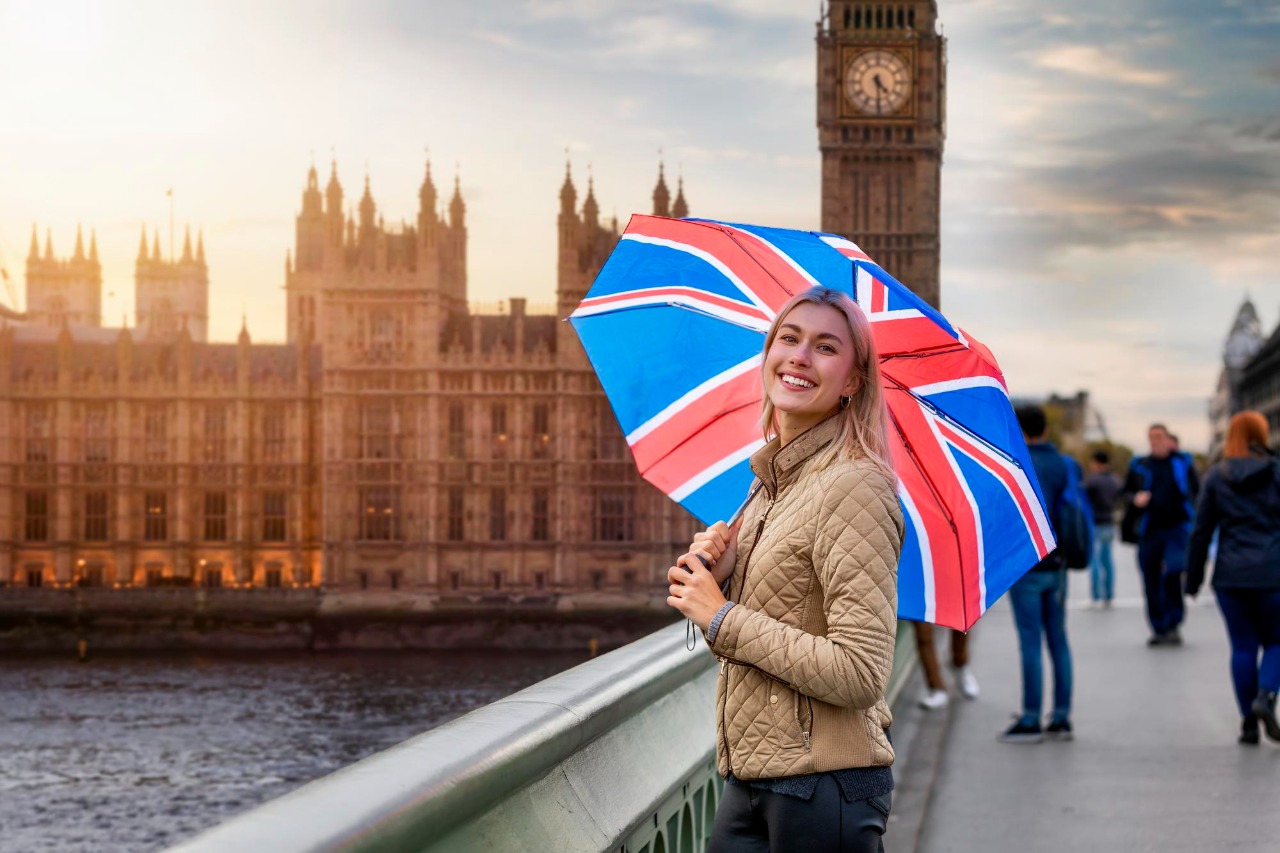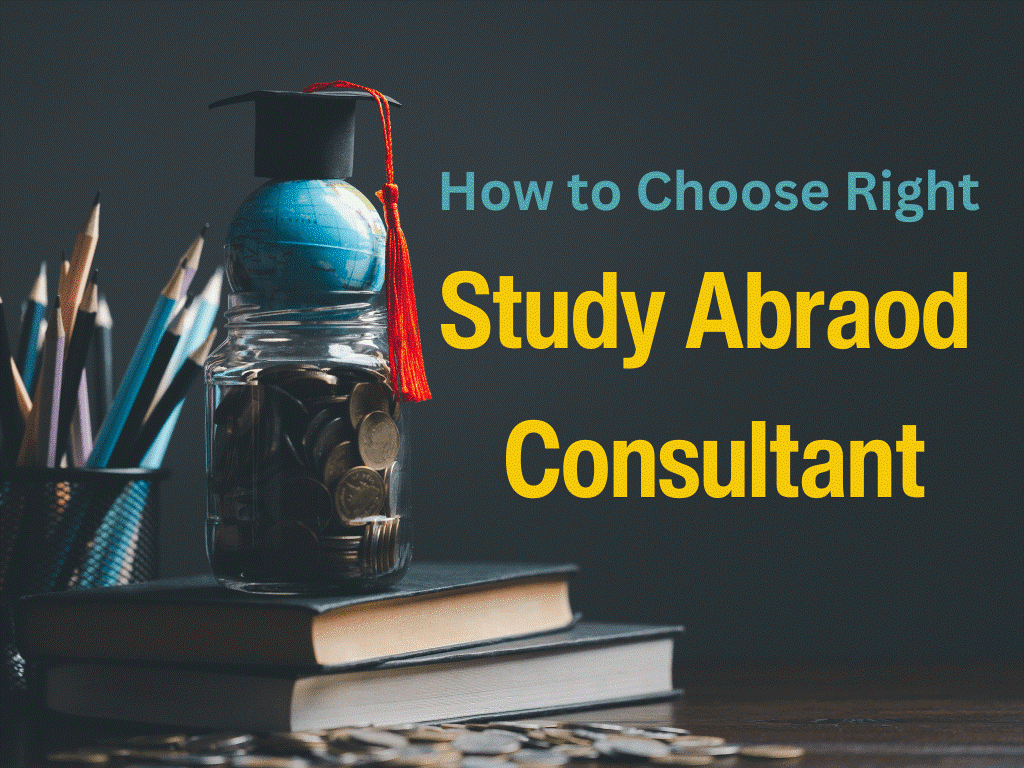
Table of Contents
Getting a UK visa is a complex pathway due to the constantly evolving rules and regulations. Whether you’re looking to study, work, visit family, or travel for leisure, understanding and completing the visa process is an essential part of your journey.
This guide will simplify the visa process, with all the insights and documents that are required for the visa processing.
Types of UK Visas
There are various types of UK visas, that depend on your purpose of stay in the country. Your type of visa will determine the time you will be staying in the UK and activities during your stay, for example, study and work.
Following are the types of visas that the United Kingdom is offering right now;
Study Visas
UK’s study visa allows non-UK residents to undertake a course of study in any British educational institute. The UK offers 3 types of student visas.
- Student Visa:
- Must be aged 16 and above.
- Offered a place to study on a course by a licensed student sponsor.
- Have enough money to support themselves.
- Have required English proficiency.
- Have consent from your parents (if you are 16 and 17 years old).
- Child Student Visa:
- Must be between the ages of 4 and 17 years old.
- Have an unconditional offer of a place on a course at an independent school.
- Have enough money to support themselves.
- Have the consent of your parent or guardian to study in the UK.
- Short-Term Study Visa:
This visa is for individuals undertaking a short English language course in the UK.
- You cannot change your course while in the UK.
- You cannot study at a state-funded school.
- You cannot do work placements or do paid/unpaid work.
- You cannot bring a dependent family member.
Work Visas
Work visas are designed for individuals intending to work in the UK. These visas are further divided into the following specific categories.
- British National (Overseas) visa
- Graduate visa
- Youth Mobility Scheme visa
- Apply for the Global Talent visa
- UK Ancestry visa
- High Potential Individual (HPI) visa
- Senior or Specialist Worker visa
- Overseas Domestic Worker visa
- Graduate Trainee visa
- Secondment Worker visa
- Service Supplier visa
- UK Expansion Worker visa
- Representative of an Overseas Business visa
- Apply for Service Providers from Switzerland visa
- Seasonal Worker visa
- Government Authorised Exchange visa
- Creative Worker visa
- Religious Worker visa
- Charity Worker visa
Family Visas
UK family visas allow individuals to join their family members who are British citizens or settled persons in the UK. These visas are essential for establishing a permanent family life in the country. There are different types of family visas;
- Applying as a Partner or Spouse
- Applying as a Parent
- Applying as a Child
- Applying as an Adult Coming to be Cared for by a Relative
- Applying based on Your Private Life
Visitor Visas
You need a visa to travel to the UK if you are not a citizen of a visa-free country. You will need to obtain a visit visa to obtain entry clearance prior to arriving at a UK port of entry.
- Standard Visitor Visa: It is for individuals who wish to enter the UK for a short stay.
- Tourism
- Business
- Short-term Study
- Medical Treatment
- Academic Visitor
- Paid Engagement
- Transit Visa: This visa is for individuals who are not going to stay in the UK but need to cross the borders to reach their destination.
- Direct Airside Transit Visa (DATV)
- Visitor in Transit Visa
- Marriage Visitor Visa: It is for individuals who want to get married or register a civil partnership in the UK.
- Electronic Travel Authorisation (ETA): This visa is for residents of the country who previously did not need a visa for short stays or transit through the UK.
- ADS Agreement for Chinese Tour Groups: This visa is for Chinese citizens, with this visa they can visit the UK for up to 30 days as part of a tour group.
Ukrainian Visas
These visas are introduced as humanitarian needs to Ukraine amid the ongoing conflict.
- Homes for Ukraine Sponsorship Scheme
- Ukraine Extension Scheme
- Ukraine Permission Extension Scheme
Commonwealth Visas
These visas are designed for the citizens of 56 Commonwealth countries. Types these visas includes are below;
- Right of abode in the UK
- UK Ancestry visa
- Windrush Scheme
Requirements to Applying for a UK Visa
The requirements for the UK visa vary by the visa type. The general criteria to apply for most visas are as follows;
- Eligibility Criteria
- Purpose of Visit: Applicants must clearly state their purpose of visit and choose the visa category for that visit, for example, work, study, family, or tourism.
- Proof of Leave Intention: There is proof required for certain visas that you are leaving the country after your visit, such as visitor visas. Only those applicants can stay who are applying for visas that may lead to longer stays or residency.
- Financial Stability: Applicants must show proof of their financial stability and they can financially support themselves during their stay in the United Kingdom without accessing public funds.
- Criminal Record Check: There are visa types that require disclosure of past convictions and a clean criminal record. Before applying for the visa applicant must not have any significant criminal history and should not have previously breached UK immigration laws.
- Health Requirements:it is required to submit a medical examination report or any specific medical test depending upon where the application is being received.
- English Language Proficiency: For certain visas like work or study, the application if approved on the base of English proficiency tests such as IELTS or equivalent qualifications.
2. Document Requirements
The documents needed depend on the visa type but generally include:
- Identity and Travel Documents
- Valid passport during the stay in the UK with at least one blank page for the visa.
- Previous travel history and expired passports (if applicable).
- Signed visa application form.
- Biometric information from visa application centre with proof of fingerprints and photograph.
- Financial Evidence
- Bank statements, salary slips or proof of savings to demonstrate sufficient funds to show you can support yourself.
- Sponsor letters for those relying on third-party support.
- Proof of Accommodation
- Must have a proof of confirmation where applicant is staying, for example, Hotel bookings, tenancy agreements, or sponsor accommodation letters.
- Additional Documents
- For Work Visas: Job offer-letter, Certificate of Sponsorship.
- For Study Visas: Confirmation of Acceptance for Studies, academic transcripts.
- For Family Visas: Marriage or birth certificates, proof of relationship.
- For Visitor Visas: Travel itinerary, invitation letters (if visiting family/friends), and travel plans within and outside the UK.
- Health Certificates
- Tuberculosis (TB) test results (for residents of certain countries).
3. Application Fees
Visa application fees depend on the type and duration of the visa:
- Standard Fees:
Visa Type | Fee |
Visitor Visa | £115 |
Student Visa | £490 |
Worker Visa | £551 – £1,420 |
Family Visa | £1,258 – £1,846 |
- Additional Fees:
- Immigration Health Surcharge (IHS): Mandatory for most visa types, typically £1,035 per year, although for students and children, the charge is reduced to £776 per year.
- Priority or Super Priority Services: For faster processing additional fee ranging from £500–£800 is charged.
- Biometric Fee: £19.20 for providing fingerprints and photographs at a Visa Application Centre (VAC).
4. Processing Times
Processing times of every visa also depend upon its type and the time of year:
- Visitor Visa: The standard processing time for a UK Standard Visitor Visa is usually around 3 weeks.
- Student Visa: The decision of student visa typically arrives within 3 weeks from the date of biometric submission.
- Work Visas: Work visa processing time is around 8 weeks, though priority services it can be reduced to 5 working days.
- Family Visas: Can take 8 weeks from within the UK and up to 24 weeks for standard applications, with some cases requiring additional time for complex reviews.
Tips for a Successful UK Visa Application
To secure a UK visa it is important to carefully complete the visa application and pay attention to the details. Below are a few practical tips for a seamless application process.
- Complete Documentation: To start the application, the provided required documents must be accurate and in order. Make sure that the names, dates, and document formats match the UK Home Office’s requirements.
- Understand Visa Conditions: Applicant must understand and abide by the terms and conditions of their specific visa type. You must be aware of the activities you are allowed to undertake on your visa. Violating any visa conditions can lead to penalties, including your visa being revoked, a ban from applying for a visa in future, or you may be deported from the UK.
- Professional Advice: In certain visas, there is a list of requirements that need to be done without any chance of a mistake, like a student visa, consulting experts are beneficial for handling the whole application process. These consultants can quickly identify potential issues in the application before submission and guide to improve your chances of success.
Can I extend my visa while in the UK?
Yes, you can extend your visa while staying in the UK. As long as you meet the necessary eligibility criteria and submit all required documents, you can get an extension. For example, students can extend their visas to continue their studies, workers can extend to stay with their current employers, or workers can switch within eligible categories.
Conclusion
In conclusion, the application process for UK visas is quite complex and lengthy. The rules, regulations and requirements for the visa application change quite often. Applicants can only go through this process with a clear understanding of the process and accurate documents. Each category of visa has its specific requirements, which need to be met to start with the visa application process. Make sure the application is transparent and abide by all the rules.
RECENT POSTS


What are the requirements to study abroad in Australia

Who Can Sponsor Me to Study in Canada


